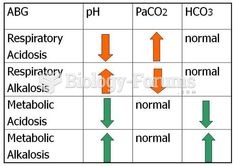|
|
|
In 1886, William Bates reported on the discovery of a substance produced by the adrenal gland that turned out to be epinephrine (adrenaline). In 1904, this drug was first artificially synthesized by Friedrich Stolz.
The people with the highest levels of LDL are Mexican American males and non-Hispanic black females.
Your heart beats over 36 million times a year.
A strange skin disease referred to as Morgellons has occurred in the southern United States and in California. Symptoms include slowly healing sores, joint pain, persistent fatigue, and a sensation of things crawling through the skin. Another symptom is strange-looking, threadlike extrusions coming out of the skin.
After a vasectomy, it takes about 12 ejaculations to clear out sperm that were already beyond the blocked area.







